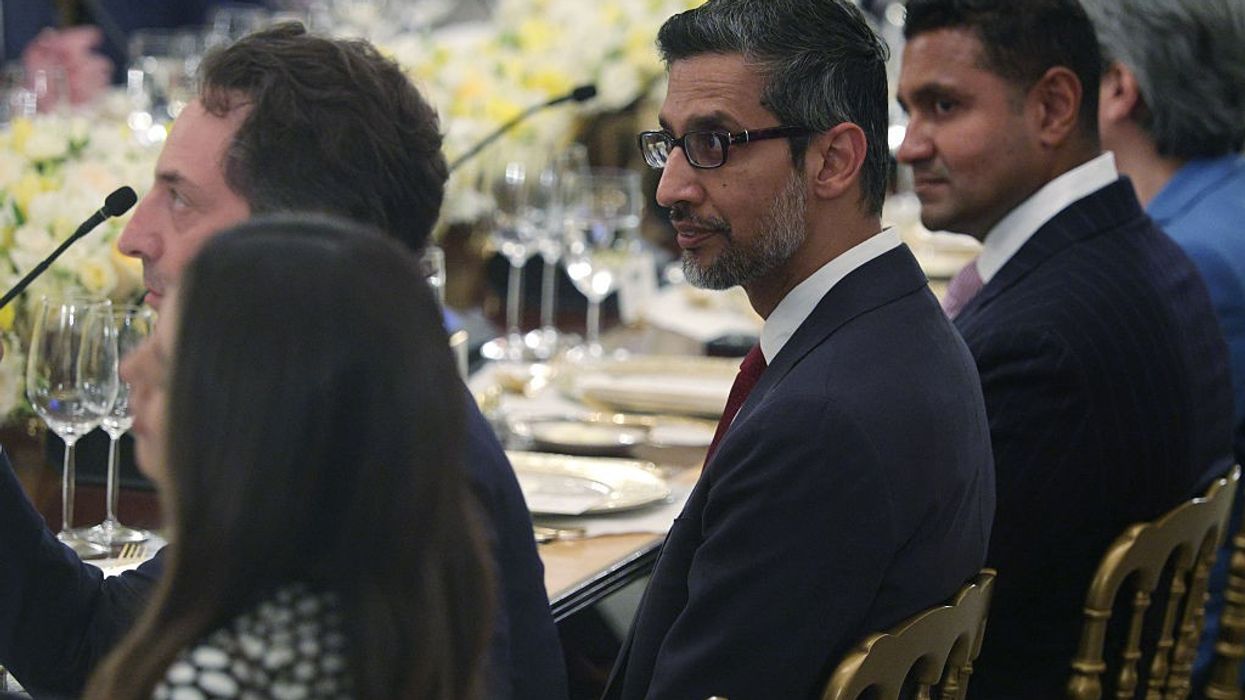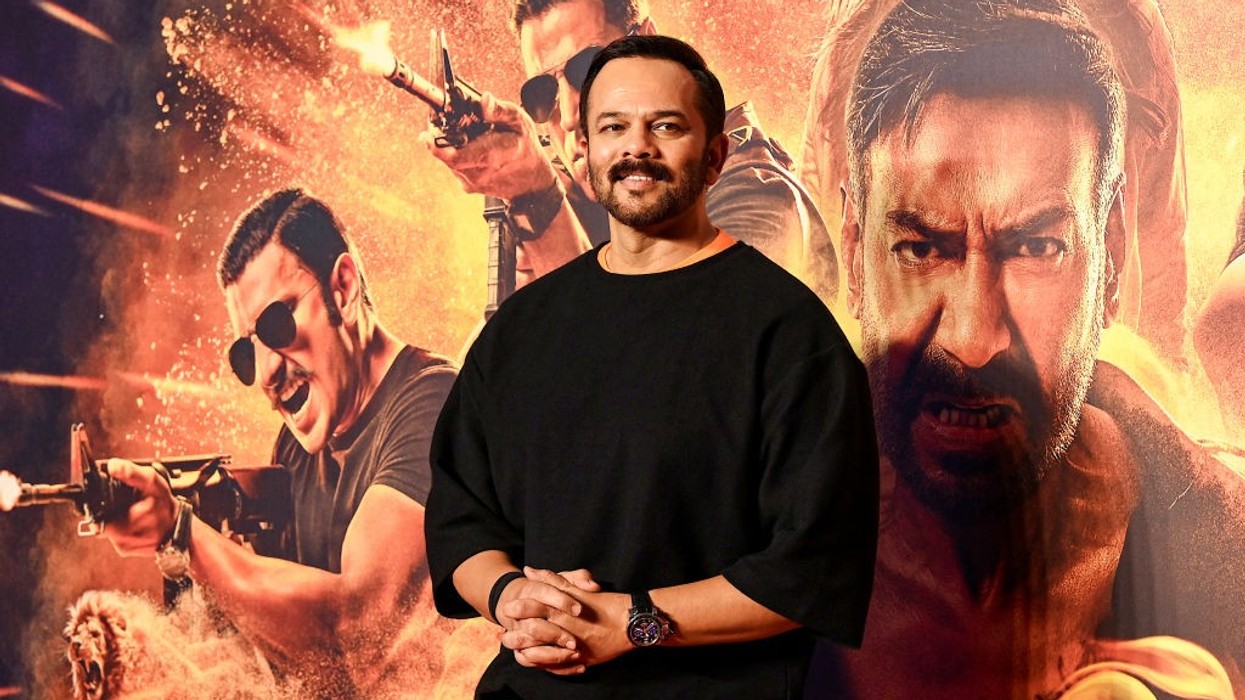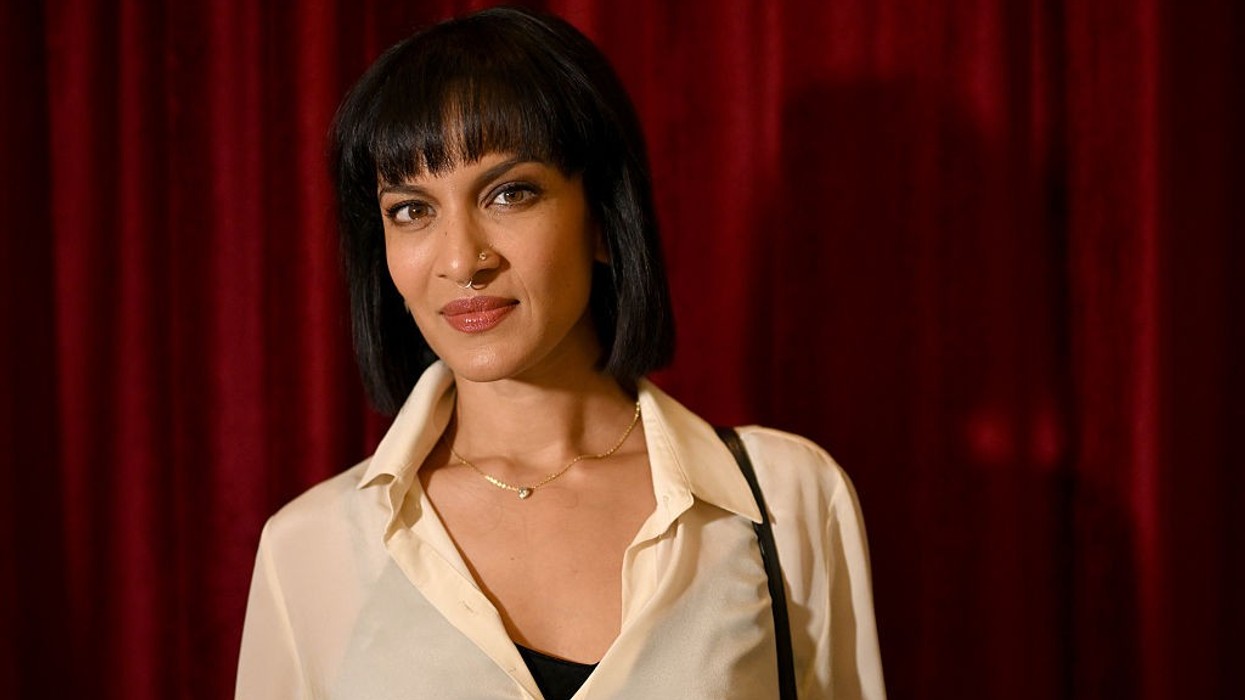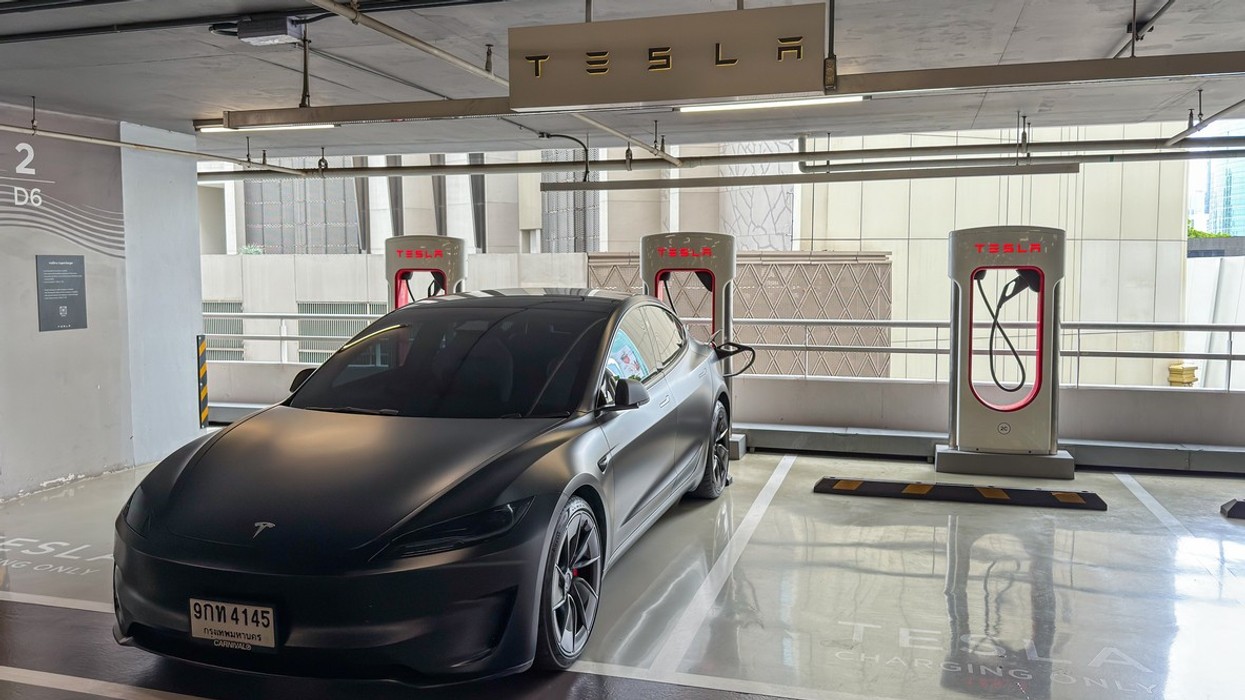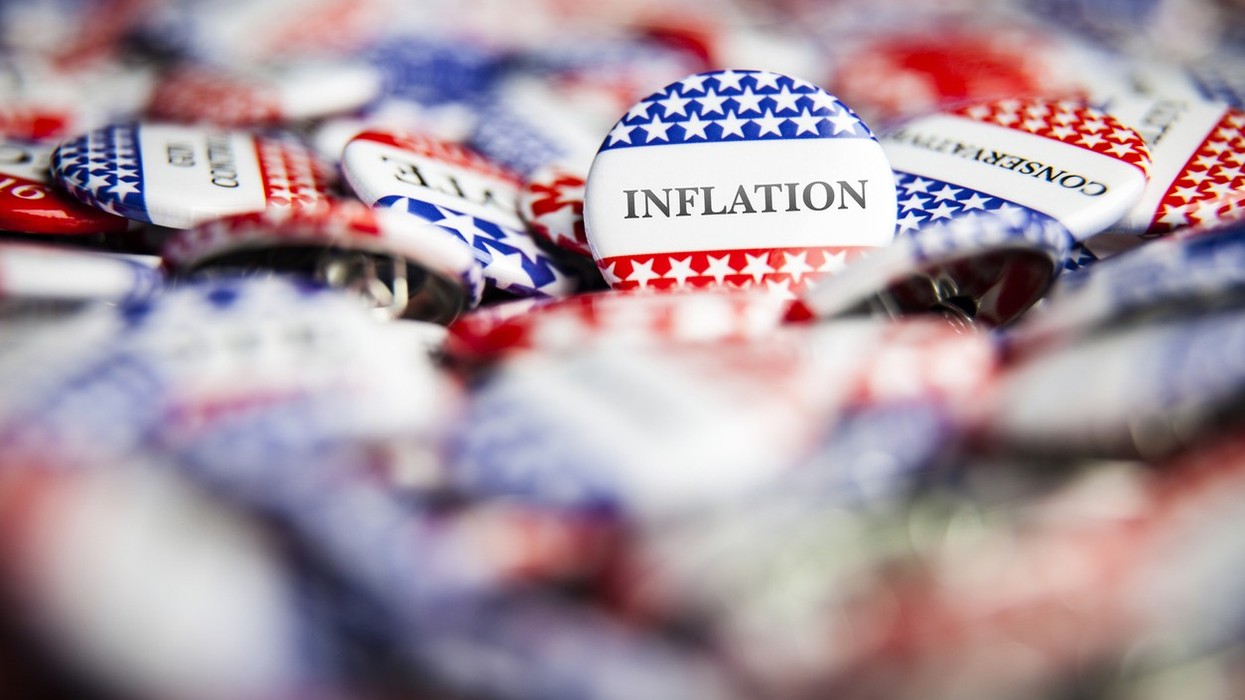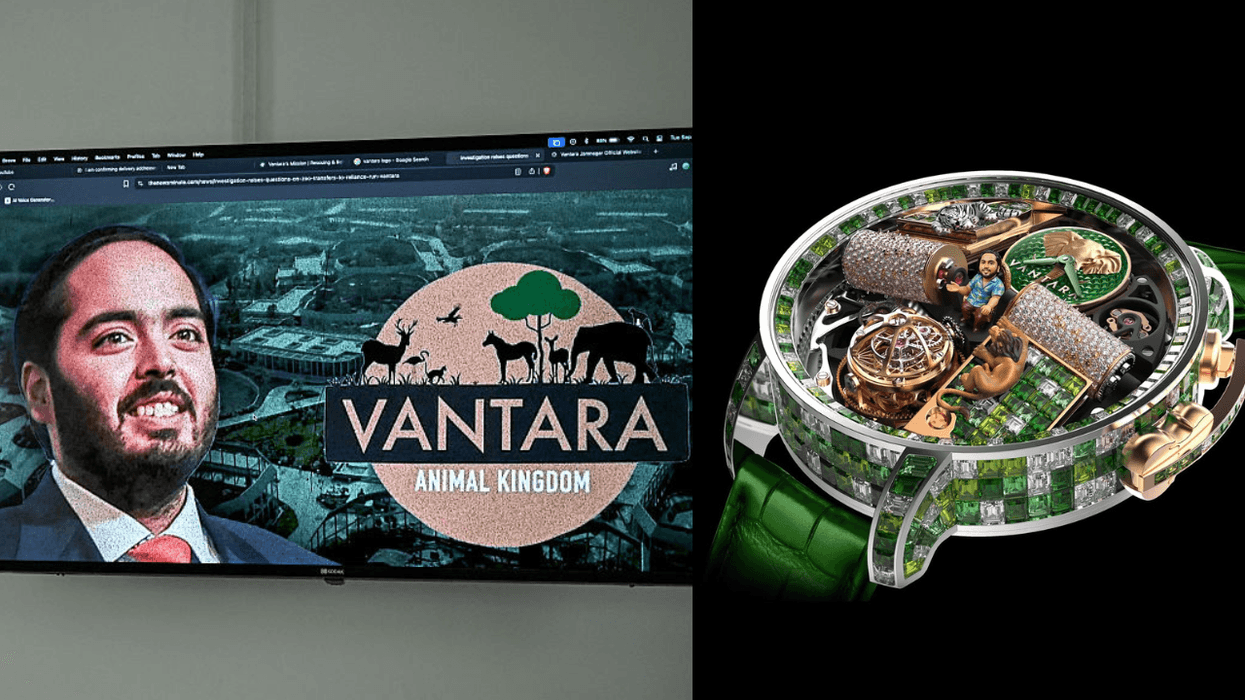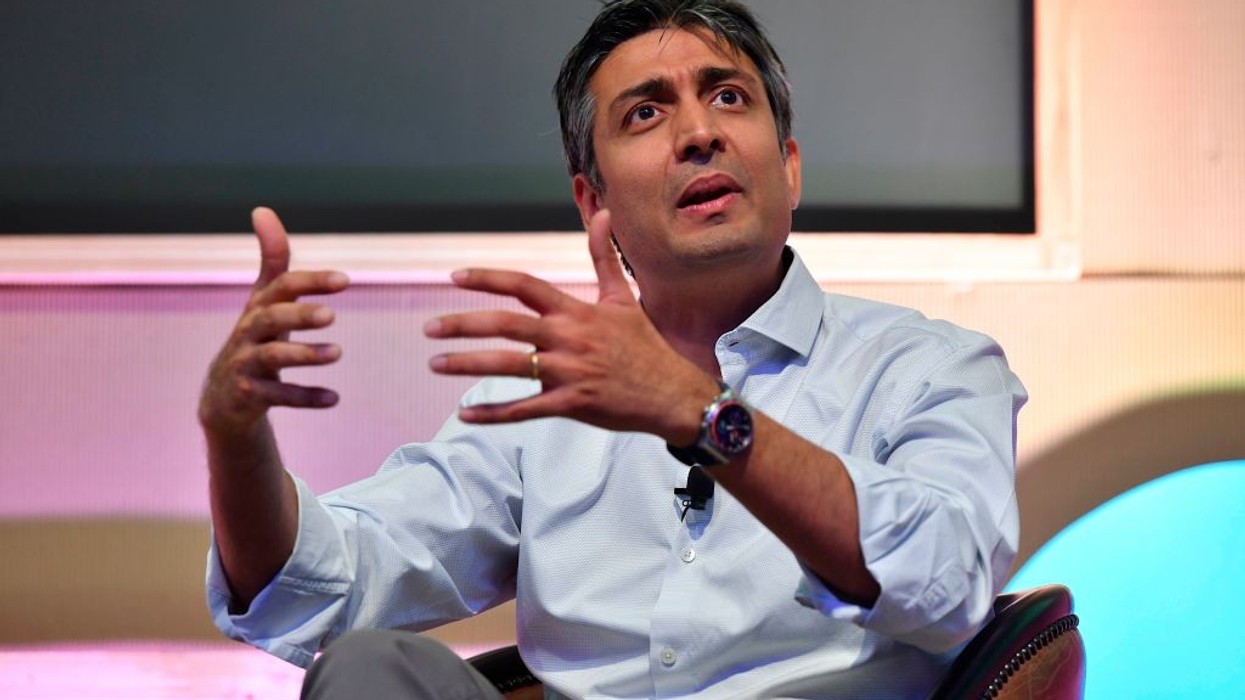Highlights:
President Donald Trump hosted a high-profile dinner at the White House on Thursday (4), bringing together more than a dozen of the world’s leading technology executives. The gathering focused heavily on artificial intelligence innovations and the scale of technology investments taking place across the United States. The event underscored the administration’s push to maintain America’s leadership in AI while encouraging economic growth fueled by tech giants.
Indian-American tech leaders take center stage
The dinner included a remarkable presence of Indian-origin CEOs who play dominant roles in the global tech industry. Satya Nadella, the CEO of Microsoft, where his net worth is estimated at around $1.1 billion in 2025, participated actively in discussions on AI’s transformative potential for industry and society. Sundar Pichai, CEO of Alphabet and Google, also attended with an estimated net worth near $1.1 billion. Under their leadership, both companies have significantly expanded investments in AI research and infrastructure within the U.S., strengthening innovation ecosystems.
Joining them at the table were Sanjay Mehrotra, CEO of semiconductor giant Micron Technology, with a net worth of approximately $144 million; Vivek Ranadivé, founder of software firm TIBCO and an innovative business leader valued at about $257 million; and Shyam Sankar, Chief Operating Officer of Palantir Technologies, with a net worth close to $1 billion. These Indian-American executives reflected the growing influence of diaspora tech leaders driving U.S. technological competitiveness on both global and domestic fronts.
Dialogue on AI leadership and economic growth
During the policy-focused dinner, President Trump invited each executive to discuss their company’s investment footprint and strategic plans within the United States, emphasizing the importance of AI’s role in future economic leadership. The discussion, which took place in the White House’s State Dining Room due to unfavorable weather, explored how America can retain its innovative edge amid intensifying global competition.
Bill Gates, co-founder of Microsoft, complimented the Trump administration’s "Warp Speed" vaccine initiative and discussed ongoing collaborations in health technology. The collective conversation highlighted the critical role of private-public partnerships and reaffirmed commitment from tech leaders to significantly boost U.S.-based investment and R&D efforts in AI and related sectors.
Notable absence and wider context
A conspicuous absence from the event was Elon Musk, CEO of Tesla and SpaceX, once a frequent Trump ally, sparking curiosity and debate about the evolving political alignments within the tech industry. Despite earlier close ties, Musk did not attend this particular gathering, underscoring shifting dynamics.
Indian Americans’ rising influence in tech
The participation of multiple billion-dollar Indian-American leaders illustrates how this demographic continues to ascend within the world’s technology hierarchy. Their leadership at marquee companies not only shapes innovations in AI, cloud computing, semiconductors, and data analytics but also ensures substantial reinvestment in U.S. technological infrastructure and workforce development.
This White House dinner not only reiterated America’s commitment to fostering AI growth but also spotlighted the pivotal roles Indian-origin executives play in driving this agenda—blending innovation with sustained economic impact.
